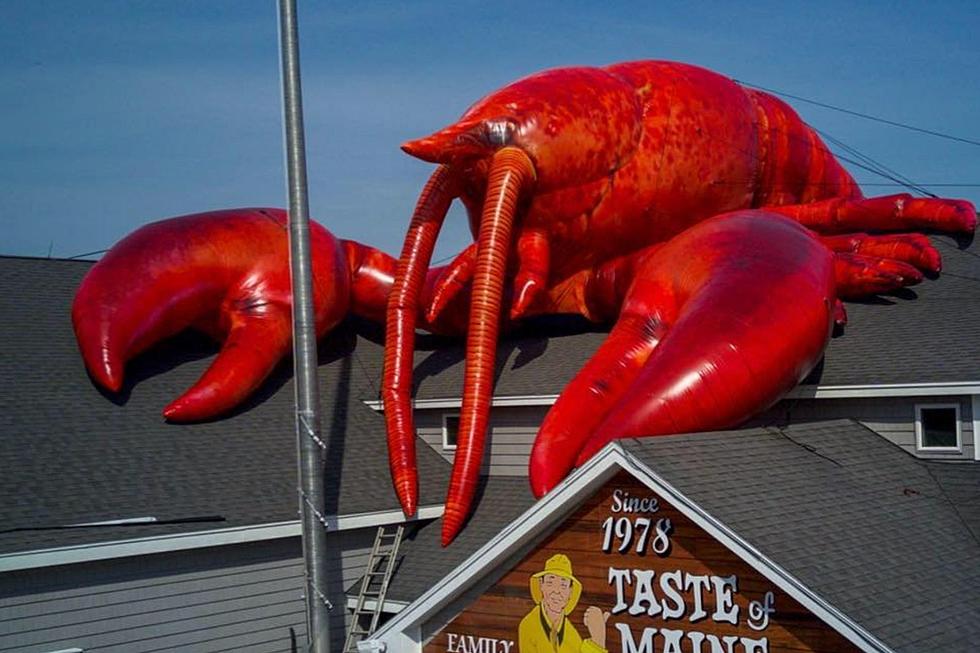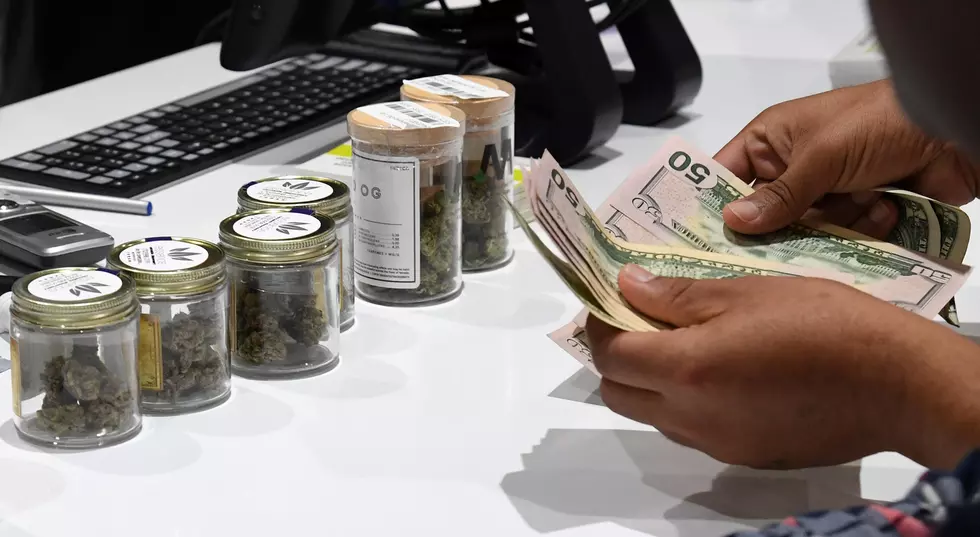
Are Stoner Lobsters the Food of the Future?
Ever hot boxed a crustacean? Up at Charlotte's Legendary Lobster Pound in Southwest Harbor, Maine, they're giving it a try.
While lobster has long been a beloved delicacy in New England, there's always been controversy surrounding the method of killing them. Our typical practice of boiling lobsters alive has been described by PETA as cruel and painful punishment, while most scientists argue that lobsters do not have complex brains that allow them to process pain like humans and other animals do.
Lobster pound owner Charlotte Gill is hoping to start a trend of killing lobsters in a potentially more humane way by studying the effects of cannabis on Roscoe the experimental lobster.
“I feel bad that when lobsters come here there is no exit strategy,” Gill told the Ellsworth American. “It’s a unique place and you get to do such unique things but at the expense of this little creature. I’ve really been trying to figure out how to make it better.”
In Gill's experiment, Roscoe the lobster was placed for a few minutes in a covered box with about 2 inches of water at the bottom. Marijuana smoke was then blown into the water at the bottom of the box. Roscoe's mood was effected and also seemed to influence other lobsters in his tank; the bands were removed from his claws following the experiment for nearly three weeks and he never again wielded them as weapons .
Following the experiment, Roscoe was returned to sea as a thank you for his volunteer service.
“The reason for keeping it so long, I wanted to make sure there were no adverse affects,” said Gill about Roscoe the Lobster's calm demeanor following his cannabis exposure. “That one time has had significant long-term effects.”
Gill isn't the first to consider a redesign of lobster slaughter; Switzerland now requires everyone to stun lobsters by electrocution or stabbing them in the head before boiling, along with similar bans on live boiling in a small village in Italy and all of New Zealand
More From Q97.9









